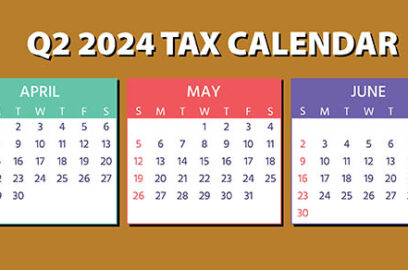News + Insights
Access Our Wealth of Knowledge

Browse BGM’s collective financial knowledge across a wide variety of topics and industry specific insights, as well as the most up to date news on our firm.
Focus

Business Continuity – Making Sure Your Business Continues if You Don’t!

Keep these 3 issues in mind after you file your return

Scrupulous records and legitimate business expenses are the key to less painful IRS audits

The tax deadline is almost here: File for an extension if you’re not ready

Business Continuity: What’s the Back-Up Plan?

2024 Q2 tax calendar: Key deadlines for businesses and employers

Hot Topic Webinar: Q2 Economic Update

Business owners, your financial statements are trying to tell you something

Update on retirement account required minimum distributions

BGM Named to Accounting Today’s “Regional Leaders Top Firms: Midwest” List

Coordinating Sec. 179 tax deductions with bonus depreciation

Should your business change its health care plan for next year?

President Biden’s proposed budget highlights his tax agenda

Bartering is a taxable transaction even if no cash is exchanged

